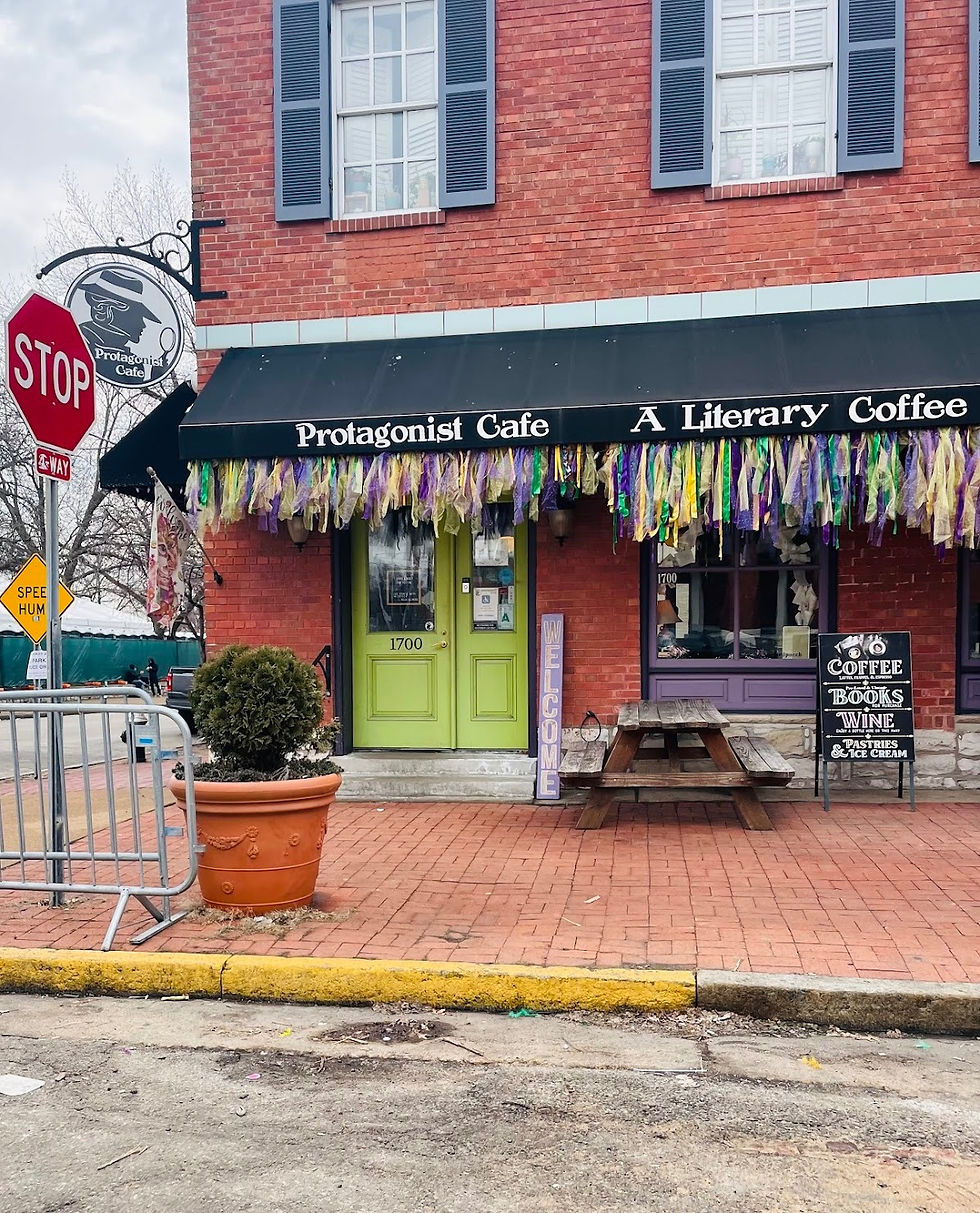Researching “Vala’s Bed.”
- Joyce Faulkner
- Jun 22, 2022
- 3 min read
It was a dark cold Saturday night before Easter over 20 years ago now. My husband and I got off the shuttle from Krakow to find the Oswiecim Station closed. Perhaps my imagination was playing tricks on me, but I was sure I heard soft voices murmuring on the chilly breeze. We looked around for taxis but less than a block a way, we saw a neon sign over the door of what looked to be a small hotel. We picked up our bags and hiked.
The kind Innkeepers were waiting for us with bottled water and the keys to our room. We’d been traveling for many hours and we were eager to stretch out on two narrow beds that were positioned head to foot instead of side by side. As soon as we turned out the lights, I was sound asleep…dreaming.
I’m sure I was influenced by history, by atmosphere, by the dark train station, by the sound of locomotives moving around in the yards beyond. My dreams were solemn cloudy flashes of this thing or that. I woke up with my heart pounding twice. The first time, I thought I called out, “Who‘s there?” My husband says I never moved. The second time, a young girl was standing beside my bed reaching out to me. But I was so exhausted, I couldn’t reach back.
When morning broke, we woke and dressed hurriedly. I still wasn’t sure why I‘d insisted we travel from Mannheim, Germany, to the Auschwitz Concentration Camp in Poland. I didn’t exactly have a story in mind. I‘d read a lot about the horrors that took place there before I was born but what did it have to do with me? I wasn’t German or Polish or Jewish. I literally had no ax to grind with anyone. There’d been so many books already written about it. What in the world would I write about?
There is an old axim, “Write what you know.” However, I doubt that advice was ever meant to be literal. For me…especially after our trip to Auschwitz…it became “learn what you don’t know and search for the stories you are supposed to tell.” Understanding will always be imperfect. If that stops an author from committing to the years of study, thought and writing a project will require, perhaps that particular novelist simply has other stories to tell.
And so, for me, to be a writer is to be a researcher. Someone who sniffs out a story and follows it to the bitter end. And the bitter end may be that what you slaved over for years will not touch enough people to pay for the effort. There may be readers who look at the very best thing you ever did…or ever will do…and yawn. There may be reviewers who say, if only it was shorter or if only it was just about Poland or Germany…if only the author had left those things in Europe…

Still Poland and Germany taught me that human beings of the 1900s weren’t all that different from human beings of the 2000s. Like our parents and grandparents before us, we are wary of those who don’t look or think or pray or dream or make love like our own homogenous group. Living together in respectful peace is hard.
Why that is needs further research.


Comments